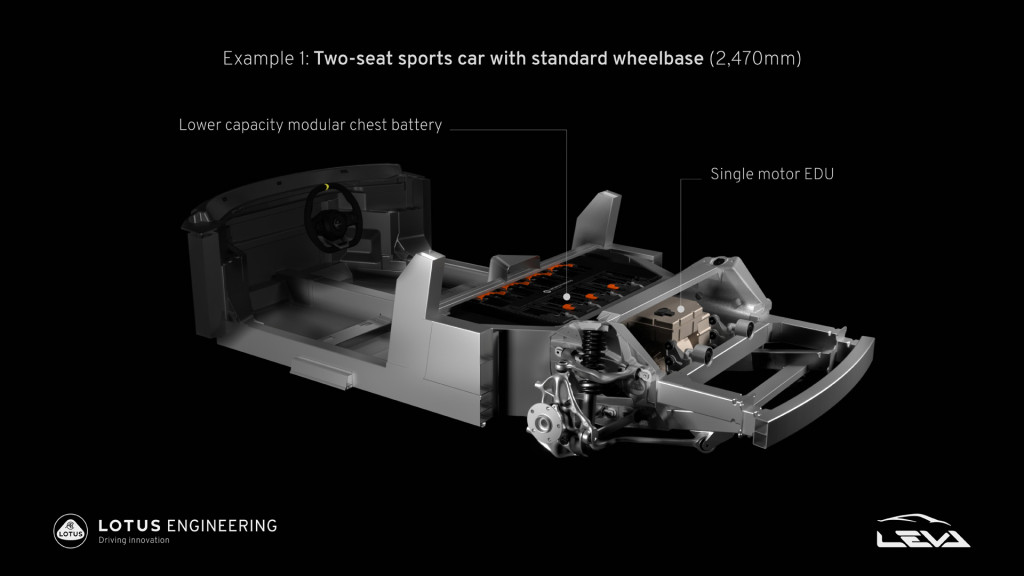Lotus Type 135 electric sports car projected to cost $95,000
Lotus has already launched an electric hypercar plus an SUV and sedan also powered by batteries, but the real test for the brand in the EV era is a lightweight sports car akin to the Elise and Emira.
Lotus has just such a car on the drawing board. Code-named the Type 135, it was originally due in 2026 sharing a mechanical package with a sports car from Alpine. The two brands went their separate ways last year, and this has resulted in a slight delay for both models.
The Lotus is now due in 2027 but a reveal is still on track for 2025.
Citing information from Lotus executives, Car Magazine reported this week that the Type 135 is projected to cost $95,000 in the U.S., which is slightly less than the starting price of the Emira, Lotus’ last gas-powered car and the model that will be replaced by the Type 135. A return of the Elise, a budget sports car equally at home on the road or racetrack, is off the table for now, it seems.
Lotus is reportedly expecting to sell between 10,000 and 15,000 units of the Type 135 annually, worldwide. That’s roughly double the projected volumes for the Emira, according to Car.

Lotus E-Sports platform (Project LEVA) for short-wheelbase electric sports cars
The Type 135 will ride on a newly developed platform for electric sports cars with either twin or 2+2 seating configurations. The platform was previewed in 2021 as the E-Sports platform.
Lotus announced at the time a base configuration with a 66.4-kwh battery, 469-hp rear-mounted motor, and short wheelbase with seating for two. A more potent configuration with a 99.6-kwh battery and dual-motor powertrain good for at least 871 hp was also announced.
Due to the heavy nature of EV batteries, Lotus is unlikely to truly match the lightweight ethos of its gas-powered sports cars with its Type 135, though efforts are being made to ensure it is among the lightest in the electric sports car arena. For example, the rear structure of the E-Sports platform has been made 37% lighter than the structure on the Emira platform.
Key weight-saving measures include utilizing the vehicle structure as the battery enclosure, having an integrated electric drive unit, eliminating bolt-on sub-frames, and optimizing the multi-link suspension components, Lotus said.
Before the arrival of the Type 135, Lotus will launch an electric compact crossover code-named the Type 134. While Lotus is building most of its EVs in China, production of electric sports cars will remain at Lotus’ home in Hethel, U.K.
